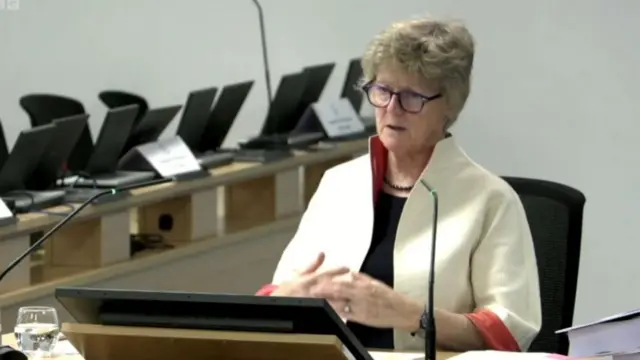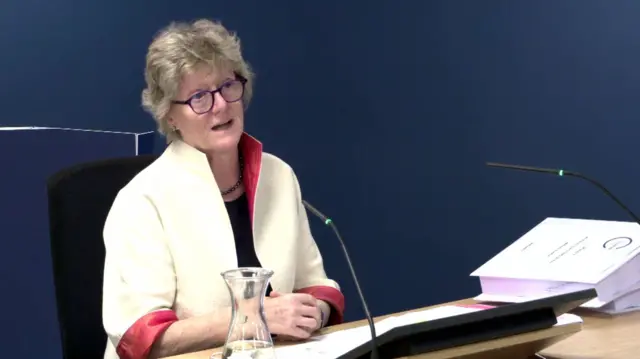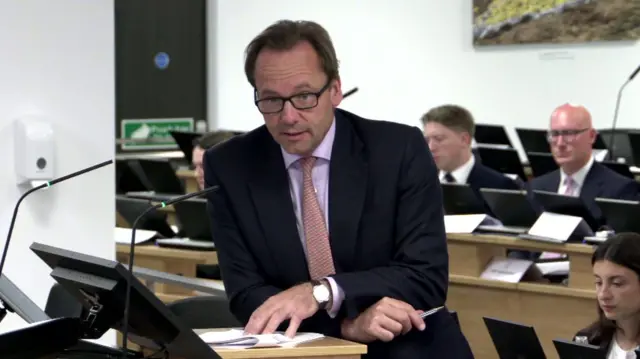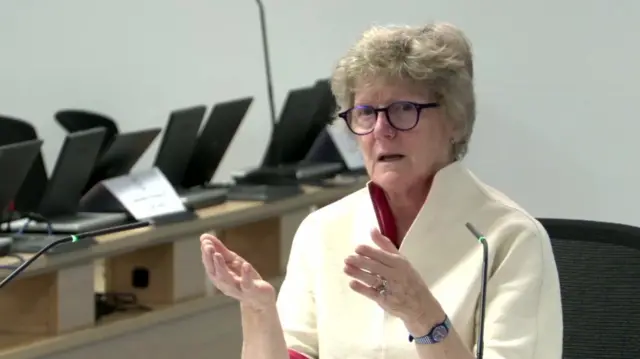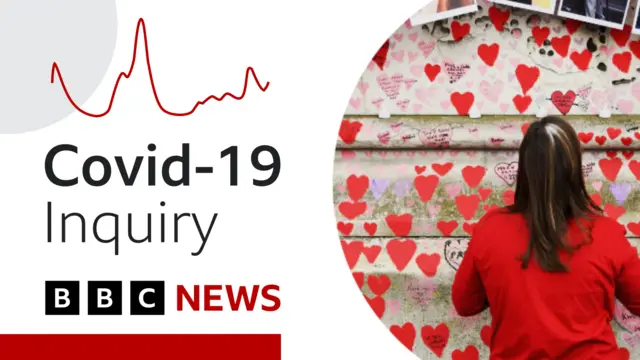We're closing our coveragepublished at 16:11 BST 20 June 2023
We're closing our live coverage. Before we go, here are the key takeaways from the Covid inquiry today.
- Oliver Letwin, former minister of state, appeared first. He said he regretted not following up on pandemic concerns. He said another team was needed to address concerns that risk assessments weren't asking the right questions
- George Osborne, the former Chancellor, was up next. He said the Treasury had not planned for lockdowns, but added that spending cuts under his tenure meant the UK was better able to cope with the financial pressures of the pandemic
- Former Chief Medical Officer Dame Sally Davies appeared in the afternoon. She became tearful as she apologised to relatives of people who lost their lives to Covid
- She said a generation had been damaged, and a better approach to pandemic preparedness needs to be in place
This page was edited by James Harness, Alys Davies, Aoife Walsh and Rob Corp. Our writers were Emily McGarvey, Imogen James, Ali Abbas Ahmadi and Emily Atkinson.
